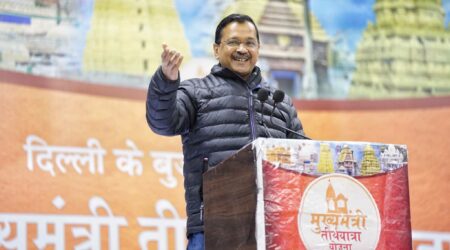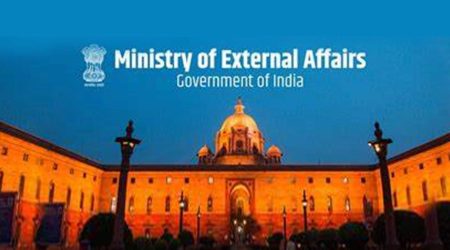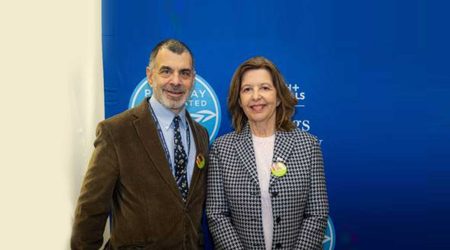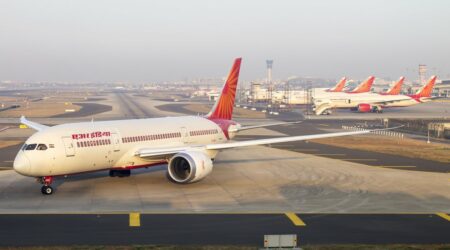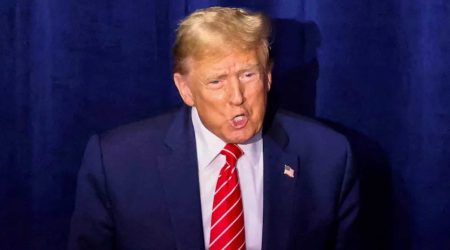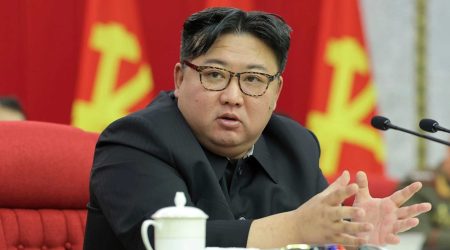New Delhi: External Affairs Minister S Jaishankar came down heavily on the global multilateral architecture, especially the United Nations, and said when India took the issue of Kashmir ‘aggression’ there, other countries made it an issue of ‘accession’. He also hinted at the fact that the expansion of the UN Security Council (UNSC) is stuck due to the ‘short-sighted’ attitude of the five permanent members, or P-5. The external affairs minister also said there is a “logjam up there”, referring to the big powers, and therefore, he said, countries are now making their own alliances with like-minded countries to address their common problems.
“There’s a logjam up there and because there’s a logjam up there everybody is doing their own thing, finding their own friends, making their own groups, picking their own issues and creating the new reality. The new reality is going to be much less disciplined, more fragmented in many ways, but it will still be effective because if the guys up there aren’t delivering, you’ve got to do your own thing,” Jaishankar said at the Raisina Dialogue, organized by the Ministry of External Affairs and global think tank Observer Research Foundation (ORF).
“If you take UNSC reform the biggest opposer (sic) is not a western country. We have to battle bit by bit to create the groups that will push for change,” he said. Coming to the issue of Kashmir, he said bilateral and multilateral relationships are not based on common values but on common interests.
“Look at our example. In the first year of Independence, we put our trust in multilateralism and took the Kashmir aggression issue to the UN, and others made it into an accession issue, and they did it for geopolitical reasons… So if you say people are playing multilateralism, they always did. We’ve grown up,” he said.
Jaishankar said the countries who want to see the UNSC getting expanded are many and the collective sentiment is “very strong”. The UNSC is composed of 15 members, out of which five are permanent members — the US, the UK, China, Russia and France. The remaining ten are non-permanent members elected for two-year terms by the UN General Assembly.



